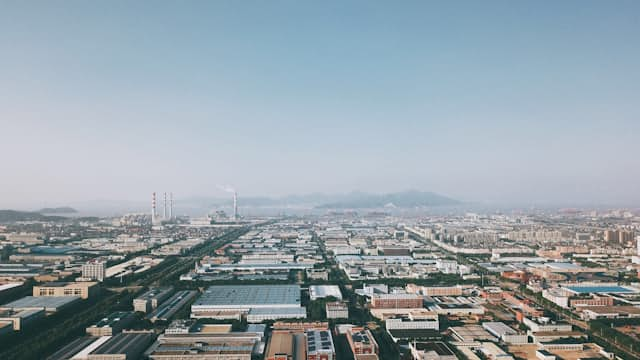
Industry jokes
Ever had that feeling that suicidal people are a big contributor to the razor blade industry?
Well, they aren't.
Why?
They aren't repeated customers.
You wanna hear a construction joke?
I'm still workin' on it!
What do a 100-year-old pornstar and The White Stripes have in common? Icky Thump!
Today I passed the exams to be a funeral director!
Too bad it's a dying trade. :)
Did you hear about the man who backed into a meat grinder?
I guess you could say... he was a little behind on his work.
Memes
I work at a tire shop.
I'm pretty tired.
Porn.
Is Will Smith a blacksmith?
No wonder some of the phones today have no home buttons.
The makers were orphans.
I got a job at the can factory, but it is soda-pressing.
Did you hear of my new job as a can crusher? It's soda pressing.
As a lifelong farmer, I was excited that Ligue 1 was moving up the UEFA ranking toward an Industrial Revolution and I can finally leave the farm. Alas, Pessi joined and we went down a rank because he is so finished. Shame on you Pessi, now I have to go back to shoveling cow shit.
What do you call a factory that makes okay products?
"A satisfactory."
What does the sign on an out-of-business brothel say?
"Beat it. We’re closed."
- I work with animals.
- Great! What job?
- A butcher.
Why did the rapper open a bakery?
Because they wanted to bake some BEATS.
Why don't rappers ever become bankers?
Because they always break the BARS!
I just gotta come out and say it: I like miners, and I don’t care what y’all think. I mean the fact that they are risking their lives just to make ours a little easier is amazing. I’ve always wanted to marry one, to be honest. Y’all need to give more respect to the mining ⛏ community.
I got fired from the bowling ball factory for throwing out the ones that had holes in them.
Why did the rapper always carry a map?
So he could navigate his way through the rap game.
